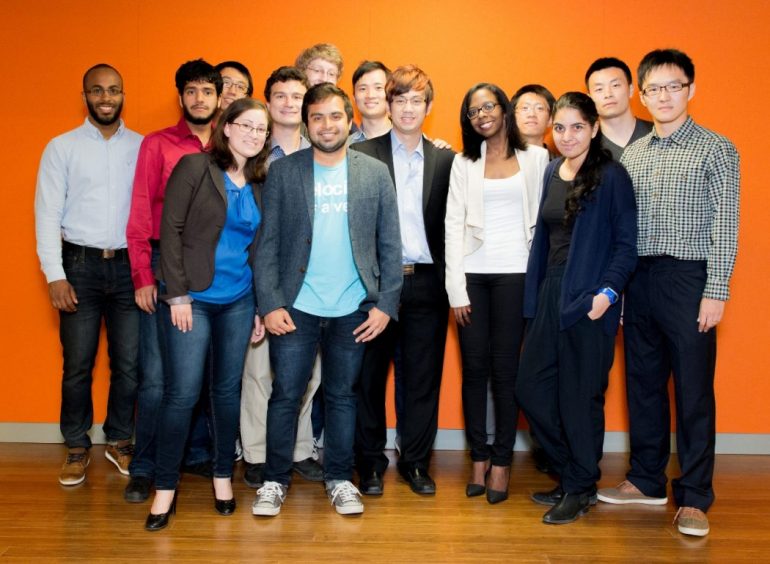It’s not easy being a wearable hardware startup. It’s also hard being an impact health tech startup. Now, a wearable health tech startup dedicated to fighting diabetes? That’s like diving through a flaming hoop, blindfolded.
But to Harry Gandhi, CEO and co-Founder of Medella Health, which is building a contact lens to non-invaseivly monitor and transmit blood glucose levels to a mobile device, that flaming hoop represents a window of opportunity.
“If you were to ask me five years ago to build something like this, it would not be possible.”
“If you were to ask me five years ago to build something like this, it would not be possible,” Gandhi told BetaKit in this audio interview. “But if you asked us to build something like this five years from now, it would be too late because there’d be so many players in the space.”
A member of the University of Waterloo’s Velocity program (in its new Foundry division), Gandhi also feels that Medella is uniquely positioned to take advantage of this window of opportunity. Gandhi told us that the Kitchener-Waterloo region provides close proximity to the advanced nanotechnology and contact lens research institutions required to make Medella’s solution work.
“All this coming together in one place is what’s allowed us to build technology like this, and it doesn’t exist in many other places around the world. You’d be hard pressed to find another place that has all these elements together,” he said.
Of course, as a health tech startup, Medella faces many regulatory and clinical hurdles unknown to most hardware startups. What’s worse is a Canadian healthcare system that, while not adverse to new technology, is mired in an operational structure that hasn’t altered much over the past 50 years. Not to mention a funding climate that is still tentative towards impact investment.
Gandhi’s solution is a mixture of patience and extreme focus.
“Oftentimes we learned that scientists and engineers build a fantastic solution and then they try to find a problem, rather than the other way around. That’s not the pitfall we wanted to go down.”


